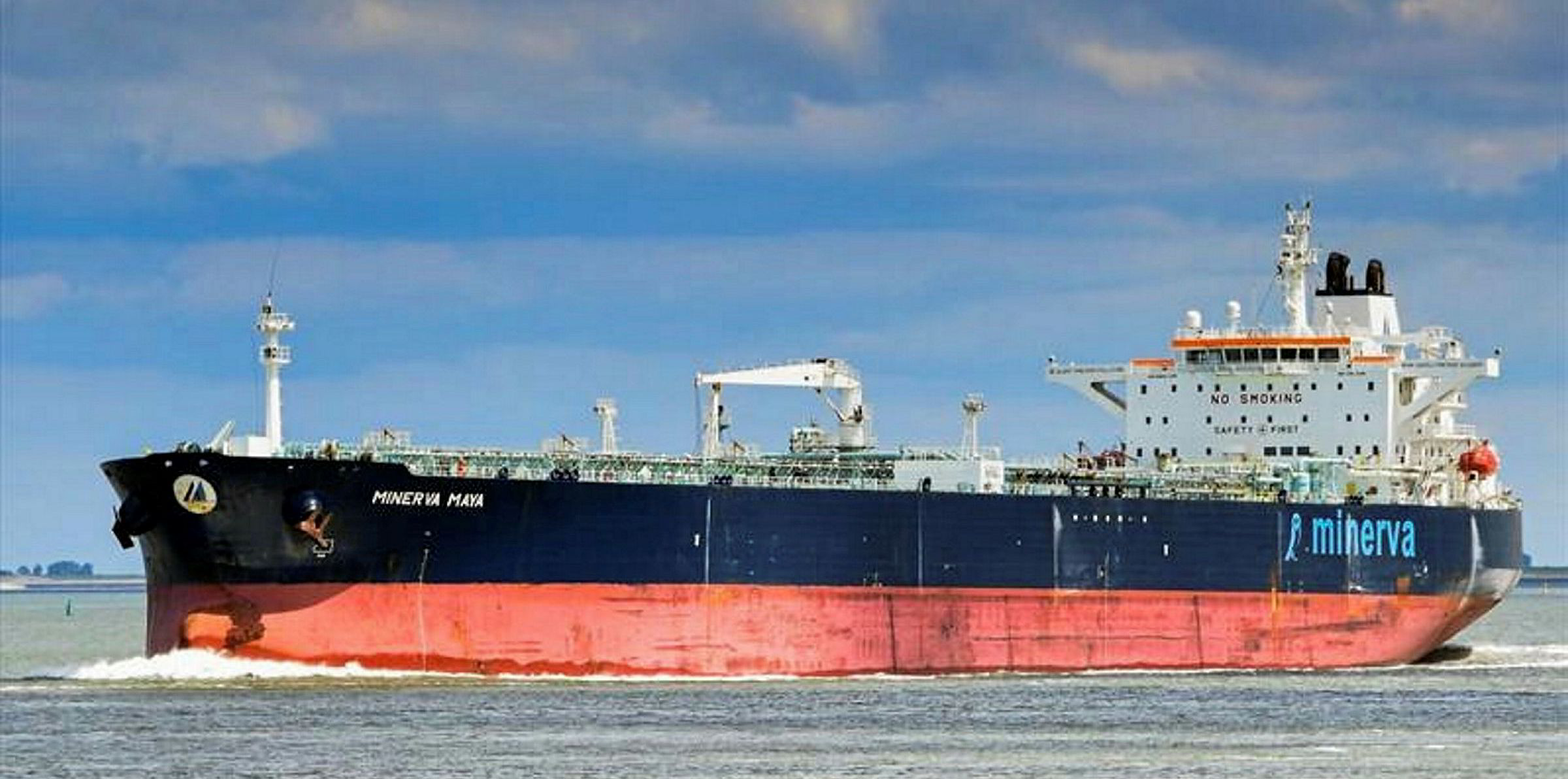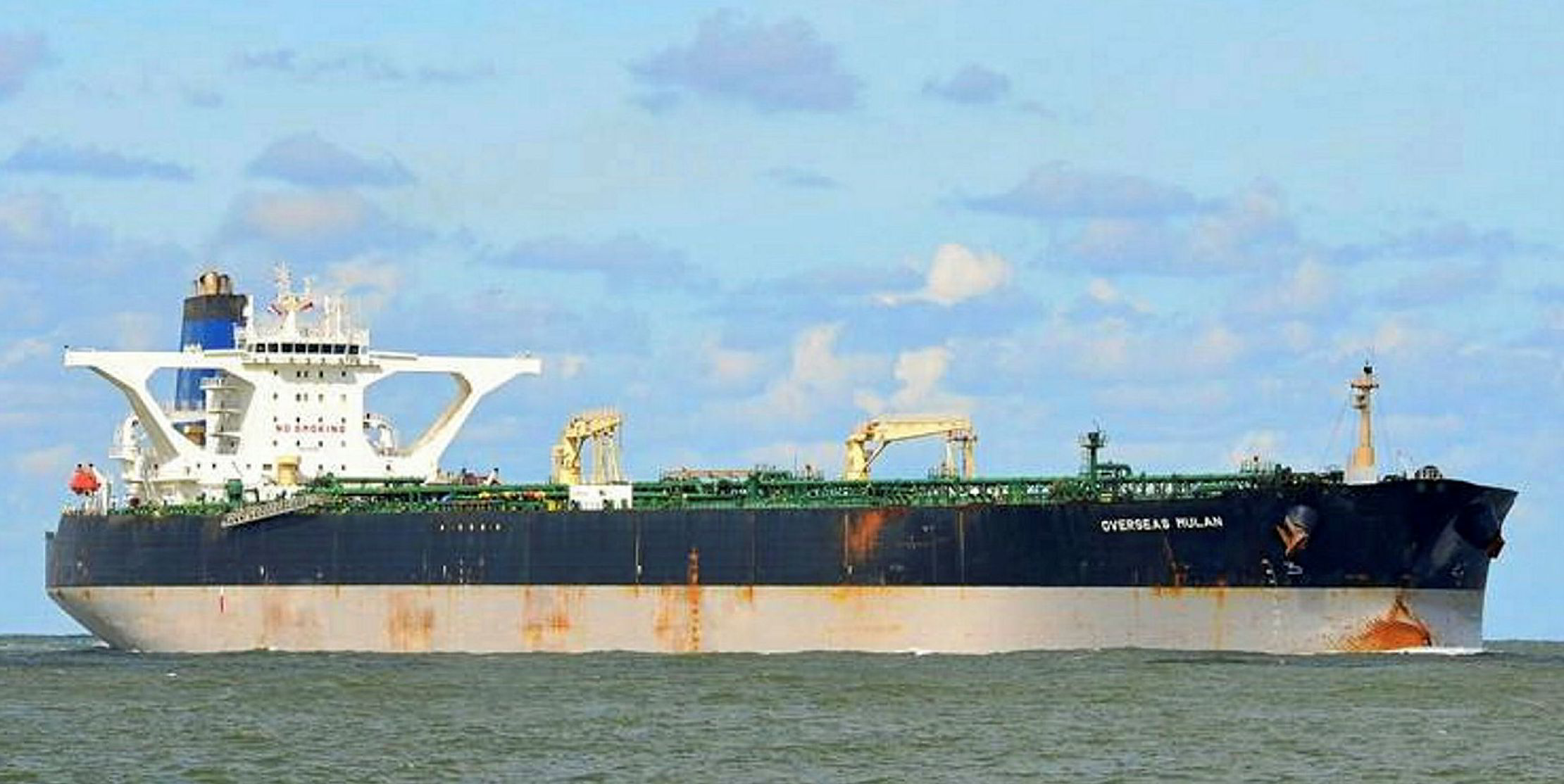A raft of aged crude tankers have changed hands in the secondhand market this month, with some owners seeking to cash in before asset prices fall further, brokers said.
Six VLCCs, four suezmaxes and five aframaxes have been sold since the beginning of September, according to VesselsValue. All but two are aged between 15 and 20 years.
Andreas Martinos-controlled Minerva Marine was the most active seller, having found buyers for the 309,000-dwt Pantariste, 105,900-dwt Minerva Zenia and 105,700-dwt Minerva Maya (all built 2002).
'Time to sell'
“When a Martinos sells, it’s a sign,” said a broker. “A lot of people are worried about [market prospects] indeed and think it’s a good time to sell.”
Despite a correction since the second quarter, secondhand tanker prices have remained at high levels when compared with historical standards.
Arctic Securities assesses the price of a 15-year-old VLCC at $32m — the same as the 2019 average.
A same-age suezmax is valued at $22m, higher than the average of $19.5m last year. Aframaxes are valued at $16m apiece, versus the 2019 average of $14.9m.
But many tanker players have forecast further asset price downside, with earnings prospects expected to stay weak in the coming quarters.
McQuilling Services has forecast average daily VLCC earnings to fall from $47,800 this year to $18,000 in 2021, suezmaxes from $27,600 to $15,800, and aframaxes from $15,700 to $10,300.
'Dumping assets'
“It is a good time to dump old assets,” said a second broker, adding that some ships may even end up at scrapyards amid firmer demolition rates.
With the gradual, albeit uneven resumption of work at South Asian shipbreakers, scrapping rates have shown strong improvement since the end of the second quarter.
Bangladeshi yards are offering $370 per ldt for recycling tankers, compared with $290 per ldt in early June, according to cash buyer Best Oasis.
“If firmer lightweight [ldt] prices are here to stay, this may entice some owners to consider demolition, particularly in the current depressed earnings environment,” Gibson Shipbrokers said in a research note.
“Yet, this could take some time to manifest, as owners will be mindful of the winter season, hoping that weather related delays and disruptions will provide much needed volatility.”






